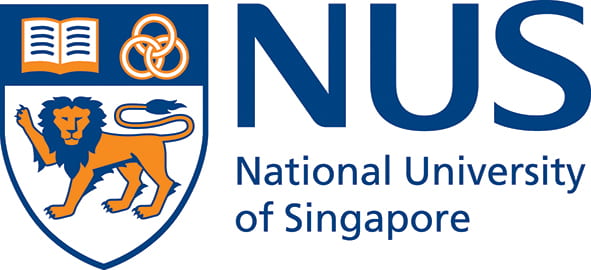NUS Adult Hearing Screener Training and Certification Course
The National University of Singapore M.Sc. Audiology programme is now offering an Adult Hearing Screener Training and Certification Course. The NUS group conducted an extensive review of the literature regarding best-practices for adult hearing screening and combined existing technologies in test equipment to address the confounding issue of difficult to control ambient noise levels. NUS has also developed, evaluated and formalized an evidence-based adult hearing screening protocol screening in the Singapore health system.
The purpose of this project was to develop best-practice guidelines and training for the Singapore context in order to standardize adult hearing screening on a national level.
The AHS course includes training modules on:
- Communication Skills, Counseling and Participant Instruction
- Acoustics and Anatomy & Physiology of the Adult Ear
- Outer Ear Examination (Visual Inspection of Outer Ear)
- Use of Screening Equipment and Adult Hearing Screening Protocol
- Monitoring Ambient Noise Levels
- Managing Equipment and Troubleshooting
- Conducting a Biologic Check
- Presentation of Results & Participant Education
- Infection Control
Participants will receive electronic copies of the copyrighted course materials, sample scripts for interactions with those receiving screening, a copy of the best practice and the evidence based adult hearing screening protocol and equipment recommendations.
Course Structure
This course is delivered via a hybrid model, consisting of:
- 9 pre-recorded online lectures with embedded quizzes;
- A half day (4-hour) practical session in NUS; and
- A practical exam (1-hour) that will be conducted in NUS.
Participants are required to pass the practical exam in order to be certified as competent adult hearing screeners. In the event that participants do not pass the exam, they will have to undergo another 4-hour practical session and retake the practical exam (at an additional fee) during the next run of the course.
Scope of practice for adult hearing screeners
The scope of practice for certified adult hearing screeners is limited to:
- Basic visual inspection of outer ear
- Basic, air conducted pure tone audiometric screening
- Delivery of results and referral information
The training does not qualify participants to perform diagnostic audiologic testing, newborn hearing screening, fit or dispense hearing aids or conduct training of other adult hearing screeners.
Equipment will be provided during the hands-on practical sessions and practical exams. Training on equipment owned by the participant’s organization can also be arranged, provided it is equipped with insert earphones. Upon passing the practical exam, the certified adult hearing screener will require the following equipment (to be provided by the organization) in order to conduct hearing screening:
- Audiometer with insert earphones
- One set of earmuffs (preferably 3M Peltor X2A or X3A) per audiometer*
- One otoscope per audiometer
- Sound monitoring app
If the organization does not have any of the above equipment, the NUS team has done an extensive product analysis and can provide specific recommendations for the selection of all recommended equipment.
• Jennifer Martin, Senior Lecturer, NUS MSc Audiology
• A/Prof Jenny Loo, Programme Director, NUS MSc Audiology
• Esther Seah, Research Audiologist, NUS MSc Audiology
• Kimberly Soh, Instructor, NUS MSc Audiology
• Maureen Ding, Adjunct Lecturer, NUS MSc Audiology
• Prof William Hal Martin, Adjunct Lecturer, NUS MSc Audiology
• Nurul Jannah Bte Mohamed Alias, Research Assistant, NUS MSc Audiology
- The course fee is SGD 1,199.00 per participant, including the prevailing GST of 9%.
- The fee for retaking the exam (together with the compulsory additional 4-hour practical session) is SGD 535.00 (incl. GST).
- English comprehension – reading, writing and speaking
- Able to fully self fund the training fees ( SSG Skills Future credits cannot be used )


